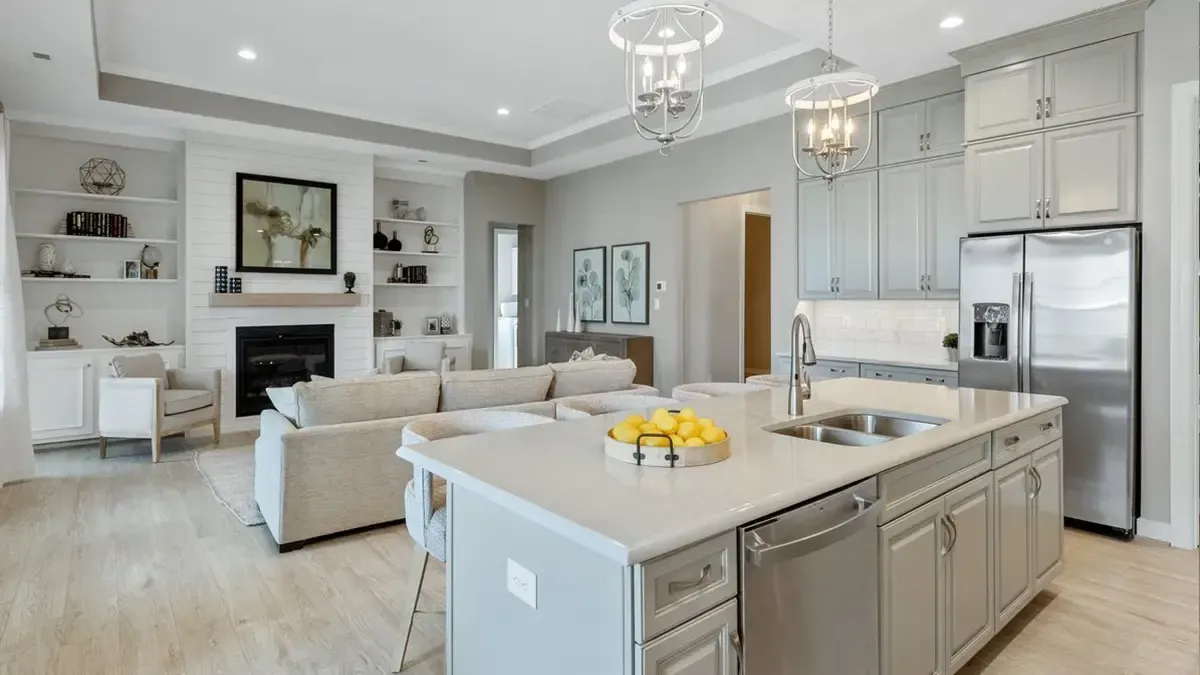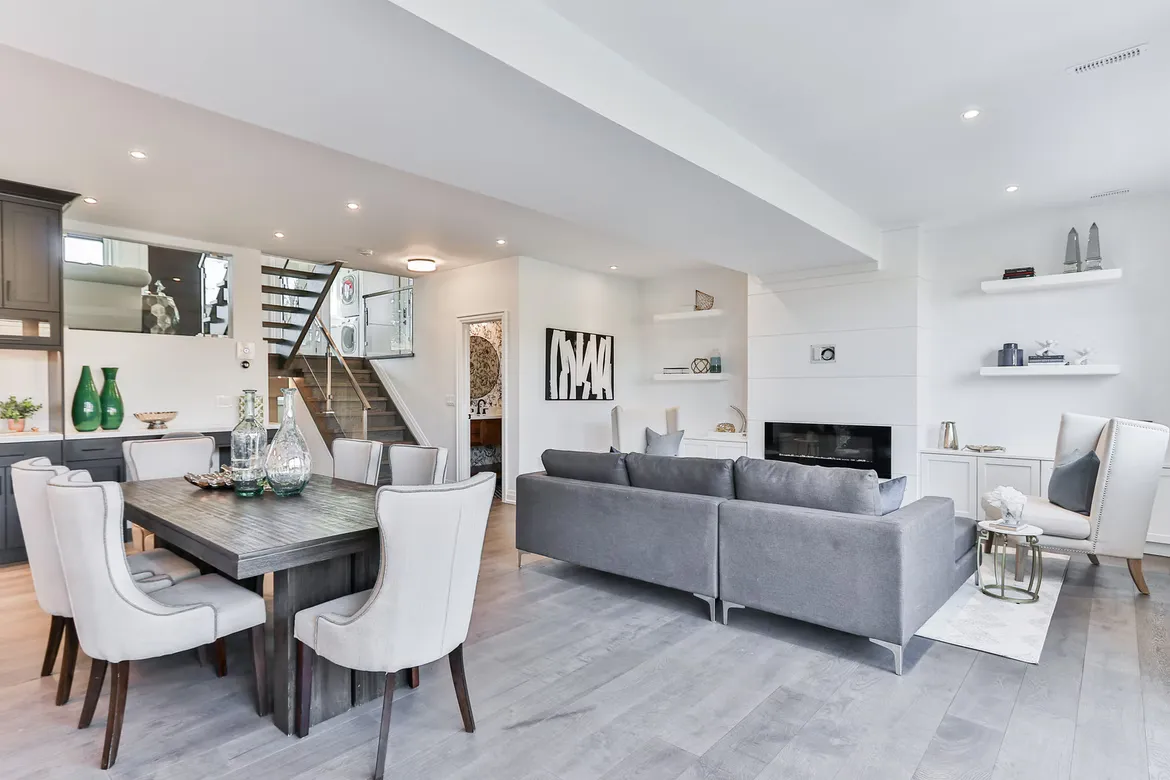ABOUT US
LOOKING FOR REAL ESTATE AGENT?
FI Real Estate Team gets most of the business from referrals. Why? Because we provide the most trustworthy service to our clients, and our clients love us.







Our Stats
Why Fi Real Estate?
High Quality Service and Fast Response | Honesty and Integrity | Exelent Negotiation Skills
Using High Tech to Help You Find Houses Quickly | SPEAKS ENGLISH, CHINESE (MANDARIN), TAIWANESE

Melissa Ong
“It was truly great working with FI Real Estate! Their agents are fluent with mandarin and this helped my husband communicate with them during our procurement as he’s not well-versed with the English language.”

Miranda Wong
“When my family decided that we had to go back to Taiwan due to my parent’s worsening health condition, we had to sell our properties before processing and finalizing our travel. I trusted FI Real Estate with this process as we were really busy and running out of time and I’m happy to say that I did the right thing.”

Aleksei Sidorov
“I recently migrated to America and was set on looking for a place to move in. I saw FI Real Estate through and advertisement while searching for agencies to help me get settled in this country. Never once did I have any problems with them and they were easy to talk to.”

Eric Aston
"Always a pleasure working with you Steven."

Melissa Ong
“It was truly great working with FI Real Estate! Their agents are fluent with mandarin and this helped my husband communicate with them during our procurement as he’s not well-versed with the English language.”

Stefan Cole
"Recommended FI Real Estate to my colleagues after working with them."

EASE OF
TRANSACTIONS
Whether you’re selling your properties or looking for a new place to call home, we make sure that the entire process goes convenient and easy for everyone as much as possible.

TRUST AND TRANSPARENCY
We are valued for our transparency as our foundations are built on trust and we have become known industry for establishing customer relations in such way.

HASSLE-FREE
INSURANCE
We work with almost every major insurance firms and make sure that processing of insurances proceed smoothly and hassle-free.
LET'S FIND YOU THE PLACE YOU DESERVE



1239 Mall Drive, Richmond, VA 23235
News

Home Renovations That Add the Most Value in 2025: Which Upgrades Offer the Best ROI?
Looking to increase your home's value in 2025? Check out our latest blog post featuring 10 high-ROI home renovations that can transform your space. From energy-efficient windows and smart thermostats ... ...more
FI Real Estate
February 17, 2025•5 min read

How to Navigate the Real Estate Market in 2025: Trends, Challenges, and Opportunities
Explore how to navigate the 2025 real estate market with insights on trends, challenges, and opportunities for homebuyers and investors. Learn about remote work, rising interest rates, and growing mar... ...more
FI Real Estate
January 12, 2025•4 min read

Real Estate Market Forecast for 2025: What Investors Need to Know
Looking to invest in real estate in 2025? The market is stabilizing, offering opportunities in residential, commercial, and sustainable properties. Interest rates remain a key factor, while demand for... ...more
FI Real Estate
December 17, 2024•4 min read

Top 5 Factors to Consider When Investing in Real Estate Before the Year Ends
Explore the top 5 factors for real estate investment before 2024 ends. Gain insights on trends, rates, and expert tips. Schedule your free consultation today! ...more
FI Real Estate
October 23, 2024•2 min read

Looking beyond: Investing out of your area
Looking beyond: Investing out of your area ...more
FI Real Estate
September 13, 2024•3 min read

Airbnb vs. Apartment Rentals: Should you switch?
Airbnb vs. Apartment Rentals: Should you switch? ...more
FI Real Estate
August 30, 2024•4 min read

Quick Links
Home
Team
Blog
Information
Buyer
Seller
Contact
All Rights Reserved 2021



